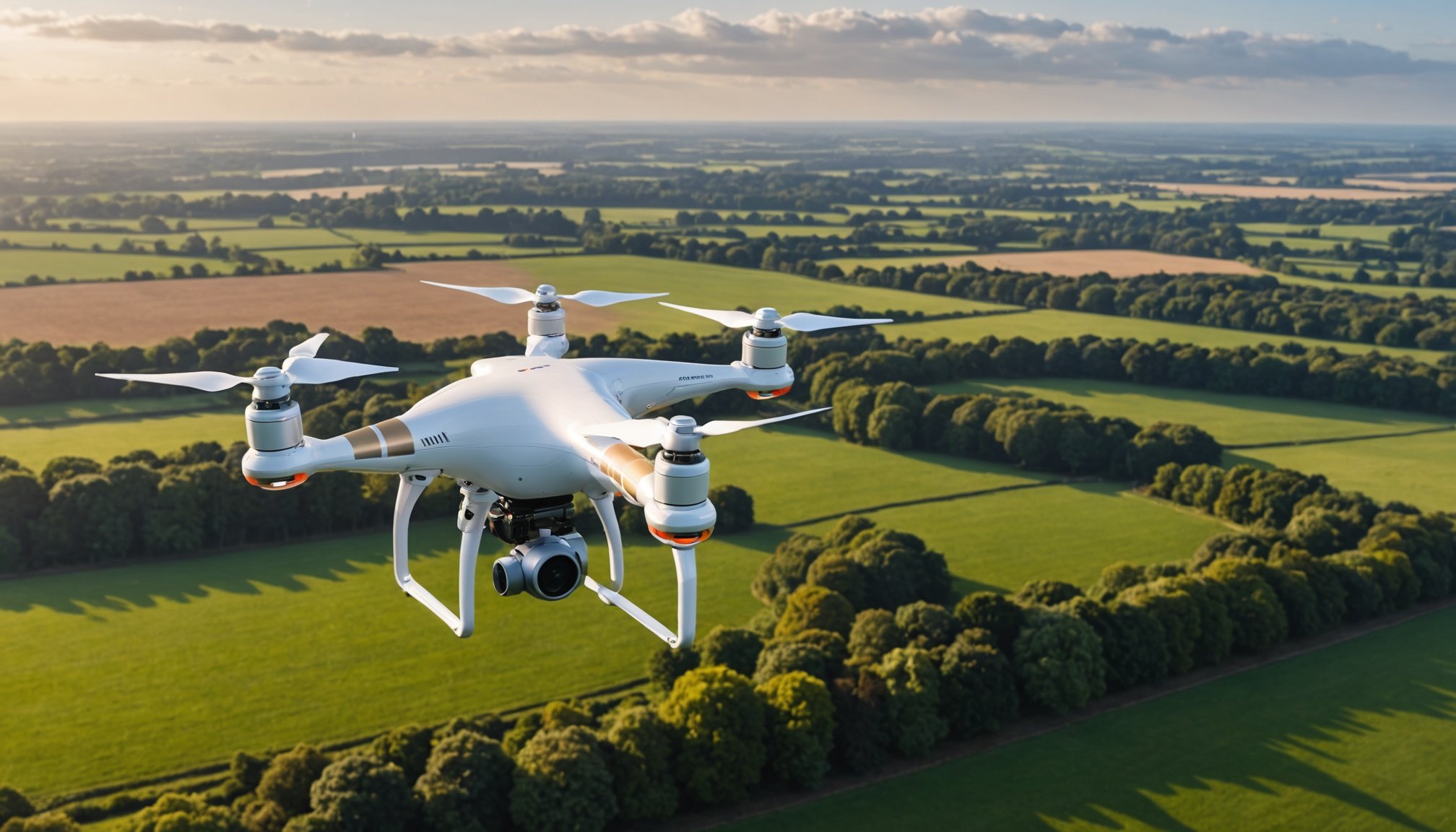Legal Regulations for Drone Use in UK Enterprises
In the UK, legal guidelines for drone use are crucial for businesses wanting to incorporate drones into their operations. To ensure safe and lawful operation, enterprises must adhere to the business drone regulations set forth by the Civil Aviation Authority (CAA). Central to these regulations is the requirement for operators to obtain an operational authorisation, which depends on the drone’s intended use and its specific categorisation based on size and weight.
The impact of privacy laws is another consideration that UK drone businesses must manage diligently. For instance, operators should ensure that their activities comply with the General Data Protection Regulation (GDPR), avoiding any mishandling of personal data. Conducting risk assessments and implementing safety protocols is pivotal for these businesses as part of compliance with drone laws. This includes ensuring that appropriate safety measures are in place to protect both the public and the environment.
Also read : Key Considerations for UK Businesses Adopting Cloud Computing Solutions: A Comprehensive Guide
Businesses must also be mindful of restricted and prohibited airspace zones, maintaining a high level of vigilance to avoid penalties. Adhering strictly to these compliance drone laws not only safeguards the company from legal issues but also fosters public trust in drones’ use within commercial sectors.
2024 Trends in the UK’s Clean Energy Sector
As the world leans more towards sustainability, the UK is at the forefront with its clean energy trends in 2024. Emerging renewable energy technologies are being adopted, promising significant benefits. These include advancements in solar power and wind energy, as well as novel technologies such as tidal energy harnessing.
Also read : Mastering Seasonal Demand: Essential Tactics for UK Retailers
Government Policies Shaping the Clean Energy Landscape
The government has put forth several initiatives to accelerate the transition. Policies include incentives for businesses to adopt renewable energy technologies and increased funding for clean energy research. This fosters an environment where innovation can flourish, paving the way for a greener future.
Insights into Consumer and Corporate Shifts Towards Sustainability
Both consumers and corporations are displaying heightened awareness towards sustainability. This shift is evidenced by the increasing integration of renewable initiatives into business models and everyday life. Many businesses are prioritising carbon footprint reduction, aligning with consumer expectations for environmentally conscious practices.
With these dynamic changes, the UK’s renewable initiatives are likely to see continued growth. This synergy between innovative technologies, supportive policies, and proactive consumer and corporate behaviour forms the backbone of the UK’s clean energy journey. Cutting-edge solutions are positioning the nation as a leader in the global shift towards sustainable energy markets.
Transformative Changes in the UK E-Commerce Landscape for 2023
As we delve into UK e-commerce 2023 trends, significant transformations are evident, particularly in technological advancements. Engaging technologies like AI and machine learning are revolutionising personalisation in online shopping. By analysing consumer data, these technologies provide tailored experiences, suggesting products based on browsing and purchasing habits, enhancing user satisfaction.
Elevating the visual shopping experience is the rise of augmented reality (AR). This innovation allows consumers to visualise products in real-life settings before purchase, bridging the gap between in-store and online shopping. Whether it be trying on clothes virtually or placing furniture in a room, AR is making complex decisions simpler and more interactive.
The incorporation of chatbots significantly impacts customer service. Designed to handle queries swiftly, they ensure that customer interactions are efficient and available 24/7. This not only saves time for consumers but also reduces operational costs for businesses.
These technological advancements are not merely decorative but essential components responding to evolving consumer behaviour and expectations. As consumers demand more personalised, interactive, and efficient online experiences, businesses must embrace these innovations to remain competitive and meet these growing demands in the dynamic e-commerce landscape of 2023.











